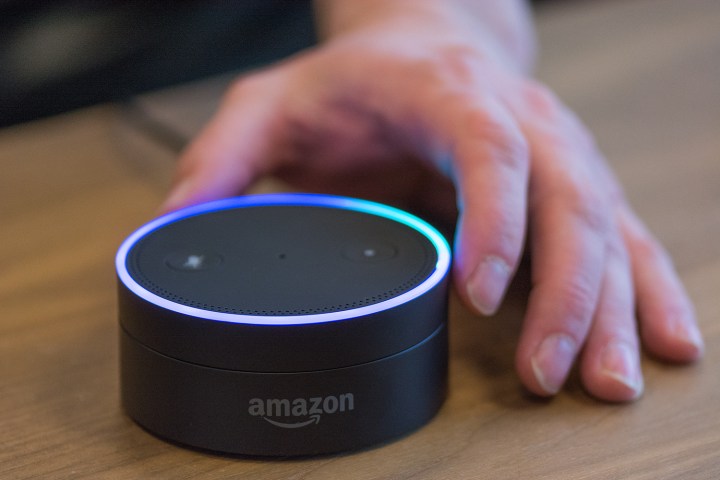
As it stands, if you enable Alexa on a third-party device (that is to say, something other than the Amazon Echo or Echo Dot), that device likely does only one on-device check to determine whether you’ve said the wake word (Alexa). But now, Amazon wants to make these devices a bit better at picking up what you’re putting down — especially when you’re not necessarily putting down a command. Thanks to Wake Word Verification, a third-party device will send an audio file to Amazon’s servers, confirming that it’s the right wake word before turning itself on and awaiting any further commands.
Don’t worry — this double-checking feature won’t slow Alexa down. Even if you don’t actually say Alexa, and your third-party device mishears you, it’ll still go through the initial startup process. However, once it sees that the cloud verification has failed, Alexa will shut down, so you won’t hear Alexa’s “answer” to a question you never intended to ask.
Currently, Echo devices employ a similar method, which is why you don’t often accidentally wake up an actual Amazon device. But hopefully, this new feature will make other devices just as discerning.
“You’ll need to make some changes to your device to take advantage of Cloud-Based Wake Word Verification, but we believe this update will improve customer experience on any AVS device,” Amazon noted in a blog post. Currently, the Ecobee4 thermostat is the first product that has leveraged Cloud-Based Wake Word Verification, promising customers an “improved ‘Alexa’ wake word accuracy and a better user experience.”


